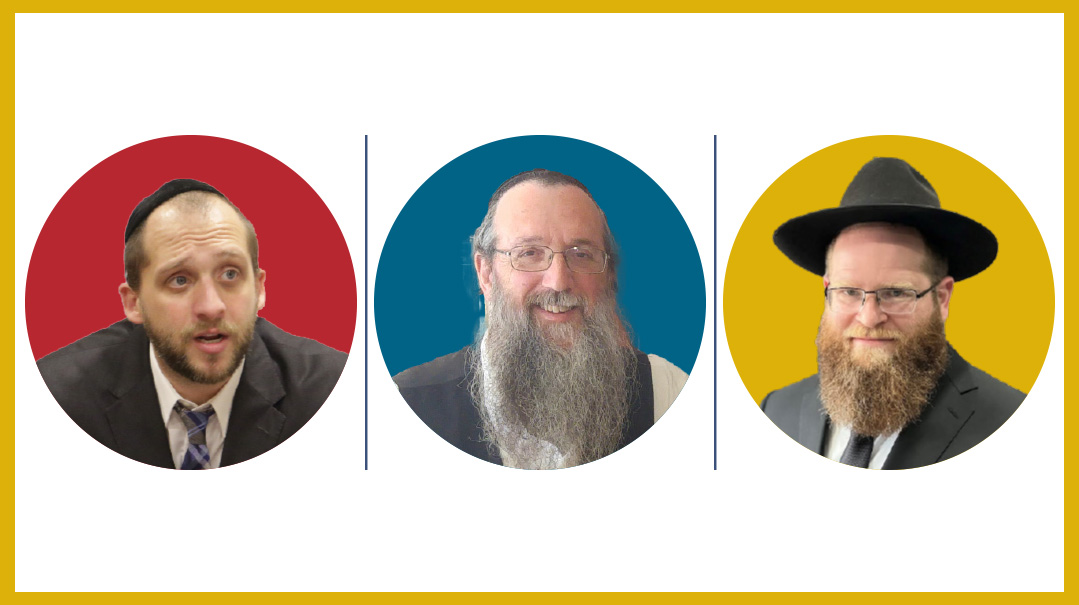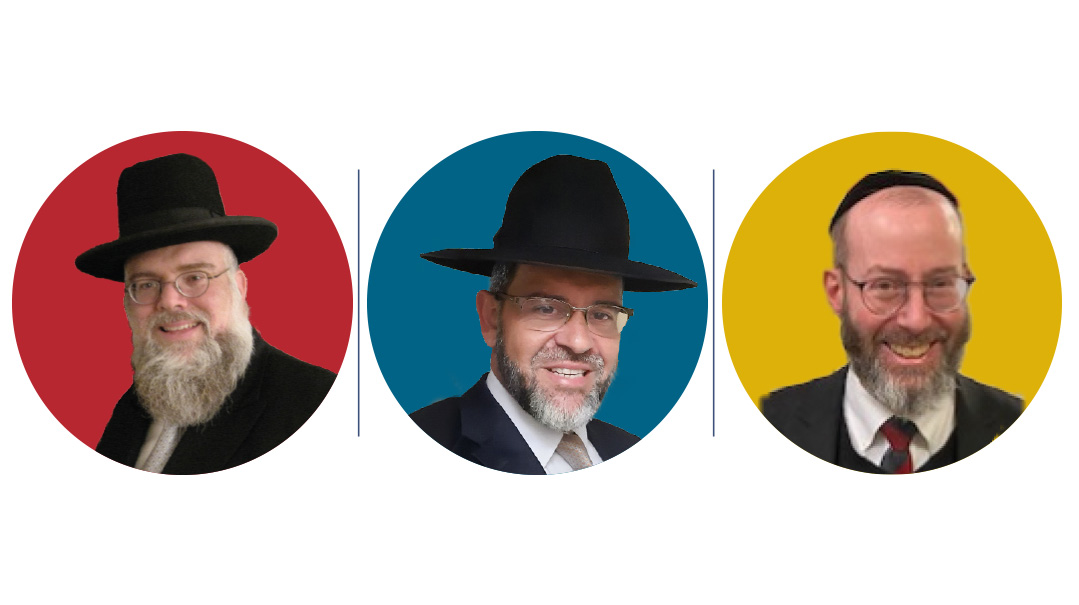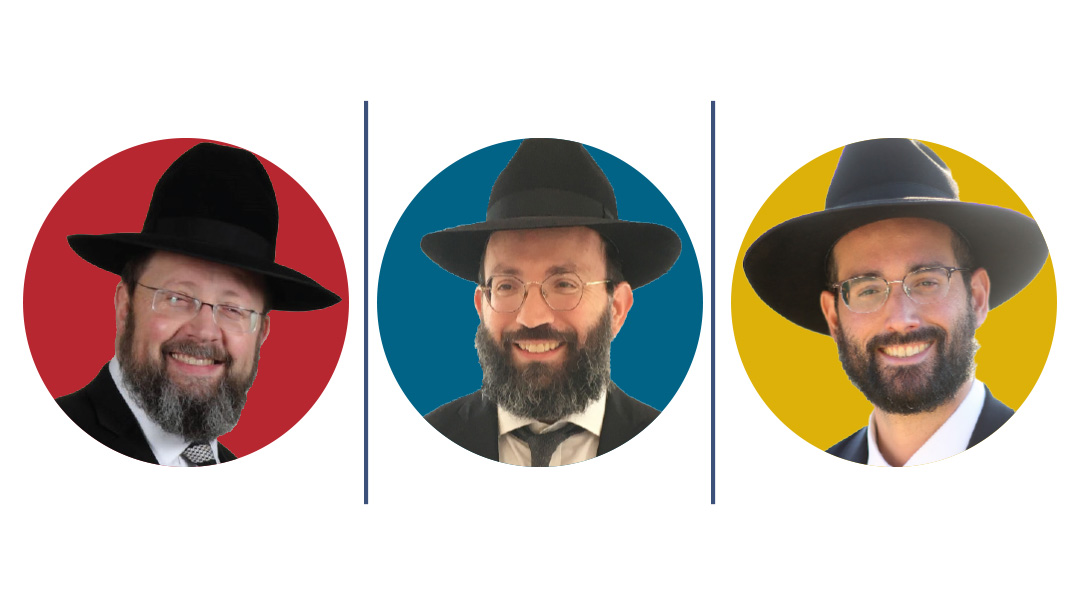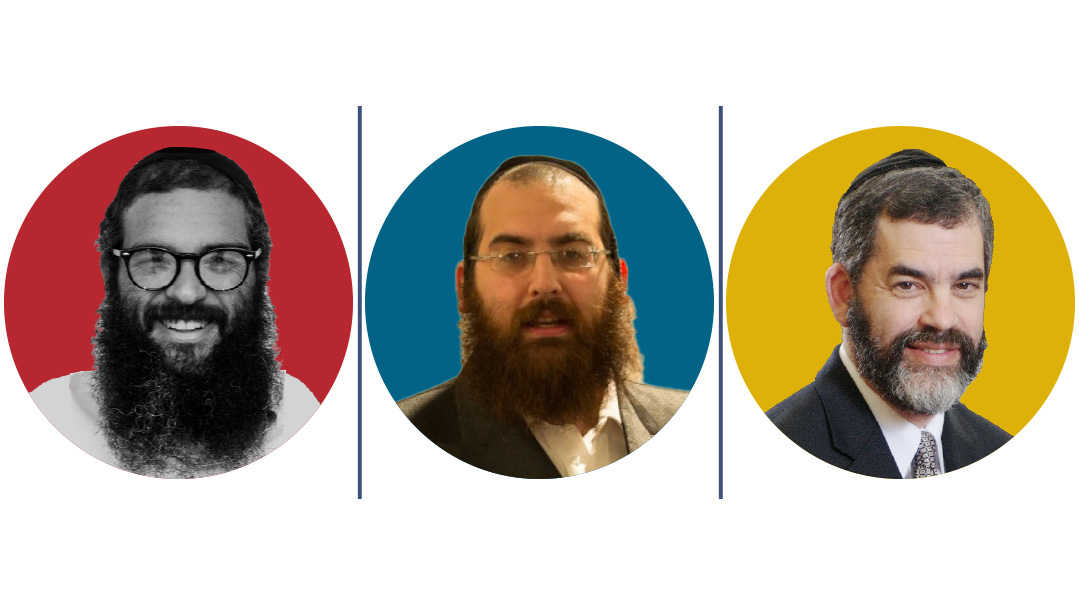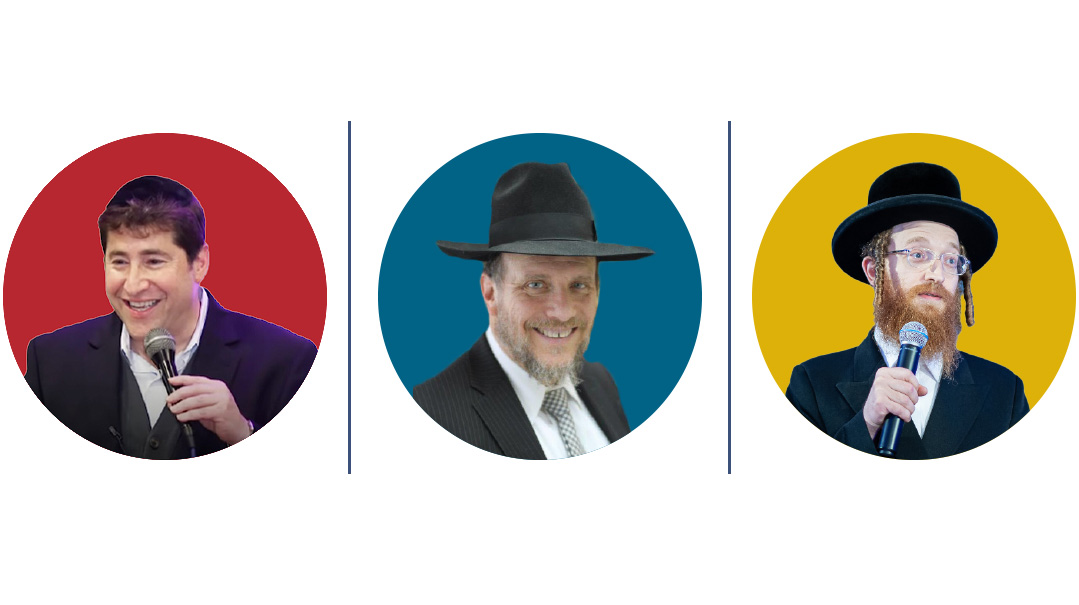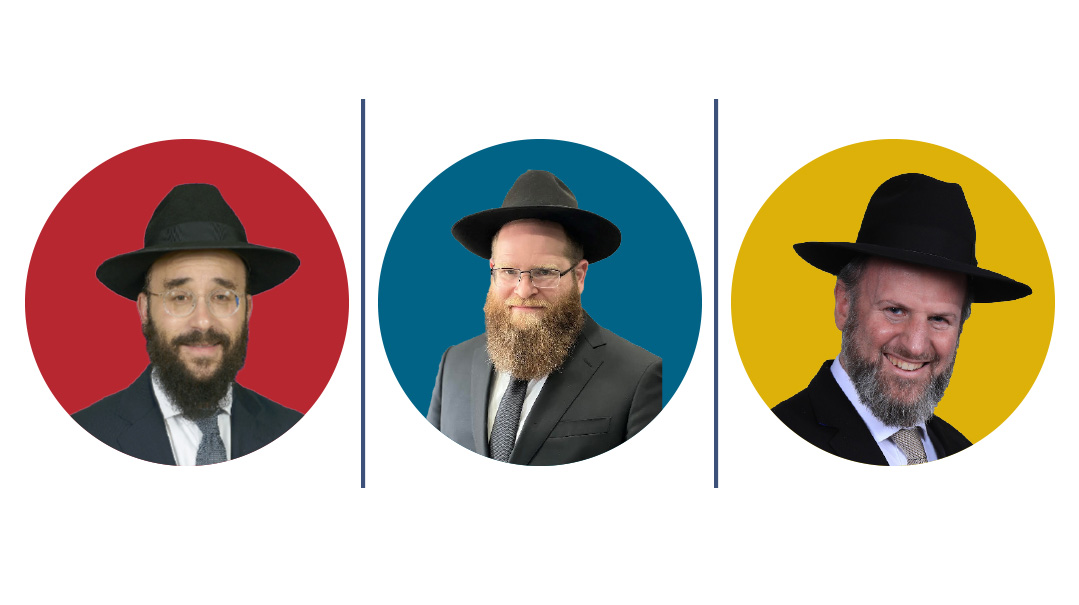Is Eretz Yisrael the Best Place to Start Off Your Marriage?

"What needs to be determined is where does the couple stand the greatest chance of earning each other’s respect"
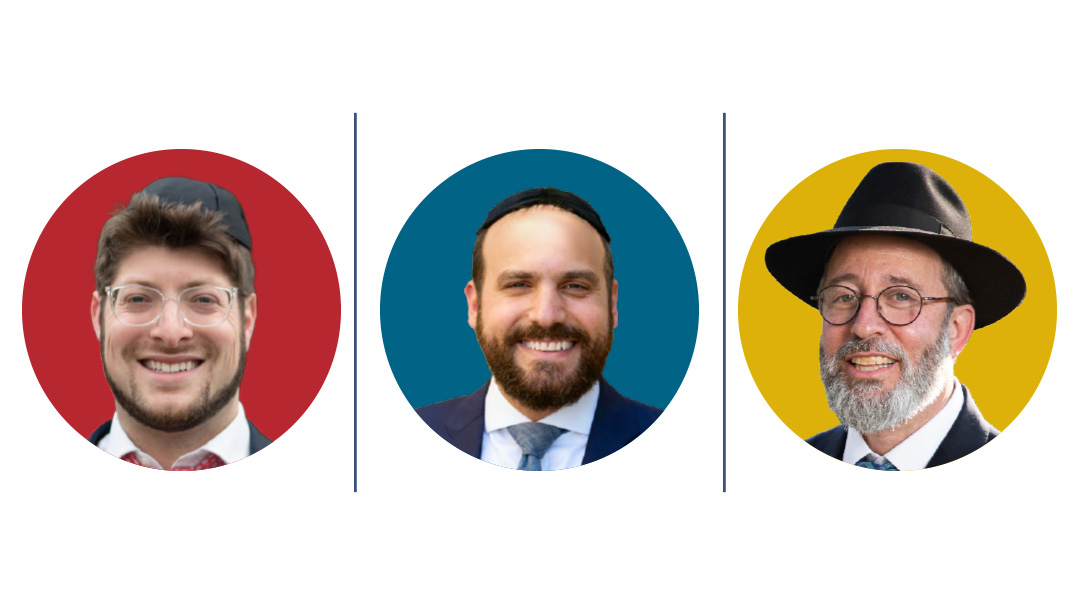
The claim:
Finances allowing, the best place for a young couple to start off their marriage is in Eretz Yisrael.
Agree, Disagree, and Why?
Rabbi Meir Simcha Sperling
It depends
L
iving in Eretz Yisrael is special. The commitment and mesirus nefesh for Torah exhibited by the people that live there and their n’shei chayil is unique, and exposure to this hashakfah can be life- changing. It builds a strong foundation that lasts long after moving back.
But it isn’t for everyone. Living in Eretz Yisrael presents its own set of challenges. The culture is difficult for an American to get used to — there’s the language barrier and bureaucratic issues — and the couple may be living in a cramped apartment with no air-conditioning and no car.
We need to be honest with our limitations, and a couple needs to be realistic about what they can handle. If someone feels they need a certain degree of comfort that can only be found in chutz l’Aretz to allow them to function best, they should accept that. Avodah b’simchah v’tuv lev override what can be gained from living in Eretz Yisrael. Especially for the women.
If you’re up for it, there’s nothing like it. But if you’ll shteig most in America, maybe that’s the right place, and if you feel you’ll grow most in Eretz Yisrael, then maybe that’s the right thing. The determining question is where you will serve Hashem best.
Rabbi Meir Simcha Sperling is a young, dynamic speaker bringing Yidden closer to Hashem in order to live a Torah life in today’s challenging world with clarity and humor. He speaks at live events and has a large following on TorahAnytime, The Bracha Institute, Daily Dose, and Guard Your Eyes. He also is a contributor to the Meaningful Minute app with posts and short classes.
Rabbi Ari Bensoussan
It’s all about perspective
I
’ve had many students over the years marry and settle all over the world. I’ve heard this question very often, but it’s fundamentally flawed. All I hear in this question is, “Now that I’m married, do I follow the crowd without thinking for myself?”
Seriously, how could one path be the correct road for every couple starting out? Obviously, starting off in Eretz Yisrael can be an incredible jump-start to growth. I moved there two months after my wedding and stayed for 13 years, so I’m speaking from personal experience.
But what needs to be determined is where does the couple stand the greatest chance of earning each other’s respect. Mainly, where will the newly minted husband gain his new eishes chayil’s respect?
A defining positive, and some feel necessary, element of living in Eretz Yisrael for the first years of marriage is that the couple is forced to make it on their own, without the outside noise and influence of the world or well-meaning but interfering relatives. When a wife hosts meals on Friday night and her husband beams with pride, telling all the bochurim, “My wife made everything, even the dips,” that’s very big. But we need to maintain a wider perspective.
What will make his wife respect him? If he will learn more seriously and attend minyanim more consistently in Ner Israel, Lakewood, or Brooklyn, and show he is real, that earns respect. But if living in Eretz Yisrael means he follows the “done” thing — gets an apartment in Arzei and is best known for his big bochur meals, shmoozes through first seder, and davens at the Kotel in his living room — how is she meant to look up to him? If his return to Israel is a return to reliving his bochur years and staying in the States would propel him toward maturity in marriage, this needs to be taken into account.
Of course, most couples who come to Eretz Yisrael are serious and gain respect for each other in leaps and bounds, but this is a decision that needs to be made on a case-by-case basis, not as a flat-out rule. If a boy feels living in Eretz Yisrael is a must, he needs to introspect as to why he feels that way. If done for the right reasons, the experience is life- changing; done for the wrong ones, and unfortunately, that can be life-changing, too.
Rabbi Ari Bensoussan is a talmid of Mir Jerusalem and Lakewood BMG and a musmach of the Jerusalem Rabbinate and Rav Yitzchok Berkowitz shlita.
Rabbi Ari cofounded Yeshivat Ruach Chaim in Jerusalem and was a senior lecturer in Derech, a program at Ohr Samayach Jerusalem. Currently Rabbi Ari lives in L.A. where he is heading a new branch of Chazak International, a community outreach initiative.
Rabbi Shmuel Weiner
It depends
T
he first few years of a person’s marriage create the couple’s foundation for life.
One of the most important parts of a relationship, but specifically in a marriage, is for both parties to feel they can be who they are, that they don’t have to hide and put on an act. Living in Eretz Yisrael, away from home, gives a couple the chance to invest in their selves and marriage without the interference of family and friends. There’s no social pressure. Husband and wife are free to focus on their part in this relationship. They need to turn to each other for help and advice.
Eretz Yisrael offers more opportunities for growth and fewer distractions. This is all the more so when a couple joins a community with a rav to turn to for direction, and the wife can join the Neshei, giving her social opportunities and preventing boredom. The years in Eretz Yisrael allow the couple the time and space to figure out what their long-term plan as a family is. Once they have that in place, they can figure out their short- term plan.
It’s also important that the couple utilize the resources available to them in Eretz Yisrael if the need for help arises. These years are the roots of their marriage. If the roots are weak, the whole tree will be weak.
Spending the beginning of marriage in Eretz Yisrael offers tremendous potential. But if a couple comes and they aren’t in touch with themselves, and they don’t use the opportunity to build themselves — learning who they are, their strengths and weaknesses, how they can create positive relationships — and they just let the time pass by, that creates devastation.
Rabbi Shmuel Weiner, an alumnus of Yeshivas Mir Yerushalayim and Toras Moshe, is the rav of the Zichron Nosson Tzvi shul in Ramat Eshkol. He is a primary address for many American couples and families in Eretz Yisrael. Rabbi Weiner is also the posek and a rosh kollel in Yeshivas Aderes HaTorah (Senter’s), and a maggid shiur in Yeshivas Toras Moshe.
(Originally featured in Mishpacha, Issue 917)
Oops! We could not locate your form.

